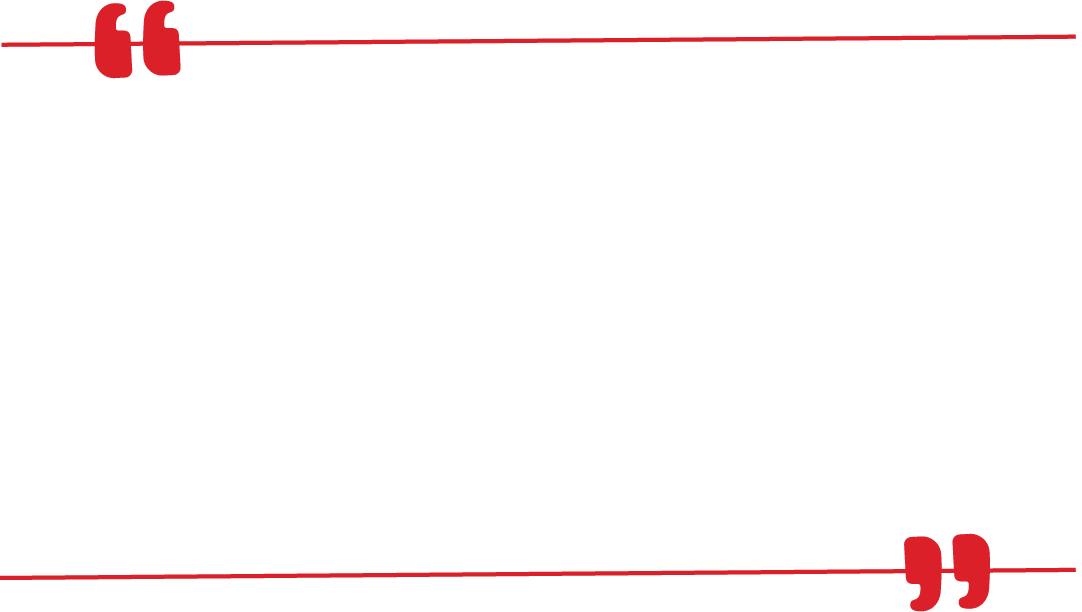Fernando Calderon
University of Northern Iowa, Professor of History
My Family History
My family is originally from a small town in Michoacán, Mexico. My father’s parents are campesinos (peasant-farmers) and my mother’s father was a laborer for Pacific Union Railroads and also worked in the agricultural fields of central and northern California in the 1940s and 1950s.
Living in Iowa
While I’m not a homegrown Iowan and I knew very little about the state before moving here 8 years ago, I am indeed happy with my “adopted” home. Its social composition closely mirrors the milieu I grew up in northern California. People are modest, humble, and embody the tenacity and determination that characterize the working-class spirit.
My Dreams
I want to be a good teacher and help students achieve their full potential. To speak up against the prevailing injustices that beset my community and the world. To never repudiate my origins and pass on the mores and values that define me as a descendant of Mexican immigrants.
A Teacher Who Changed My Life
Rosamel Benavides, Professor of Spanish, Humboldt State University, CA.
Rosamel has been my academic advisor since I began my undergraduate career. He taught me never to feel intellectually fulfilled and to remain curious and engaged. Rosamel helped me see myself as a historical actor and use my positionality as a student (and then professor) to bring about social transformation.
My Favorite Thing

This picture of my grandmother, Rosa Calderón, epitomizes who I am. In Mexico, the campesino identity is not only a way of defining a social group. The image offers a kaleidoscope of elements that are all representative of a way of thinking and a way of living. While some people use material wealth to showcase their successes, for Rosa, the calluses on her hands, and the completion of a fruitful harvest is the true barometer of success. Her sense of determinism is what informs my academic life.
What #DIVERSITYISOURSTRENGTH means to me
To me it means celebrating the heterogeneity of our society. It also feels to me like a clarion call to invest time in understanding one’s origins.












































